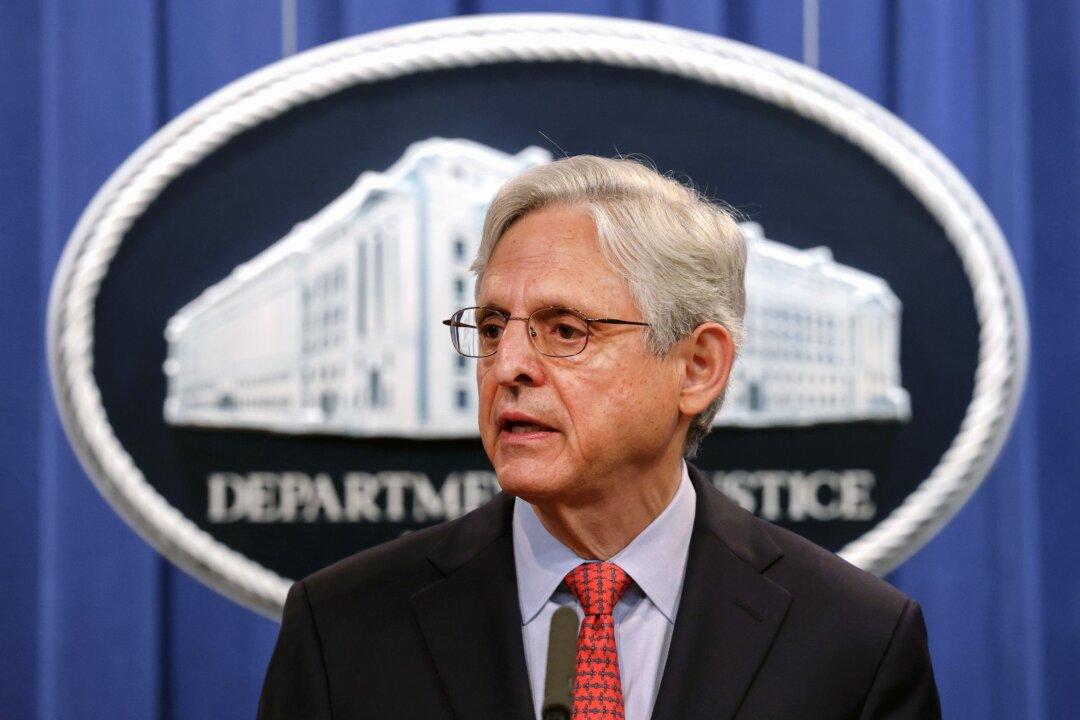Assistant U.S. Attorney General Matthew Olsen said during a Jan. 11 congressional hearing on domestic terrorism that there’s been an increase in violence against educators—directly contradicting Department of Homeland Security (DHS) data.
The hearing captured headlines due to Department of Justice (DOJ) officials refusing to answer questions about Ray Epps, the Jan. 6, 2021, protest participant who some have alleged to be a federal asset.




